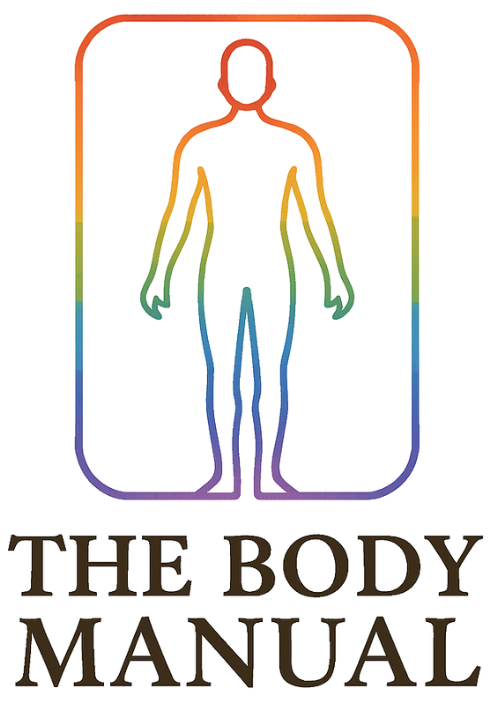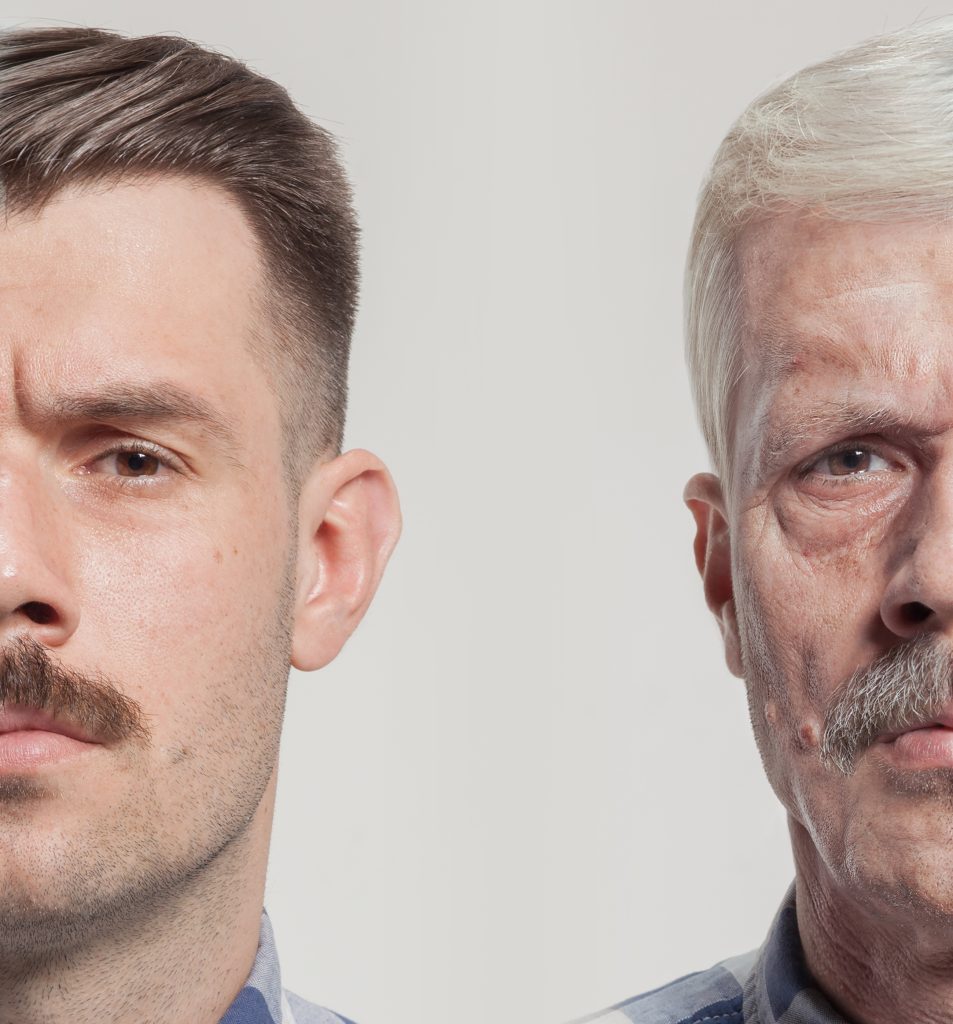By Dr. Zachary LaVigne, B.S., D.C.

Picture yourself at 100. Are you hiking Stone Mountain with your great-grandkids or parked in a recliner, channel-surfing because moving feels like a chore? Longevity is not just about living longer. It is about living better. That is where the Blue Zones come in.
The Blue Zones are five regions where living to 90 or 100 is surprisingly common. These people are not just surviving. They are thriving. In Okinawa, Japan, women still garden in their nineties. In Ikaria, Greece, villagers outwalk their children. In Sardinia, Italy, shepherds climb hills daily without thinking of it as exercise. No powders, no gadgets. Just ordinary lives that happen to be very healthy ones.
They Move Differently
Daily life is movement. People walk to neighbors’ homes, squat in gardens, and carry groceries. Sardinian shepherds log miles on foot. The lesson for us is that activity does not need to look like structured workouts. In Atlanta, that could mean biking the BeltLine, walking short errands, or turning your yard into a small project. The secret is not working out harder. It is avoiding a life built on sitting.
They Eat Mostly Plants
Across all five zones, beans are the star. Lentils in Ikaria, black beans in Costa Rica, soy in Okinawa. Vegetables and whole grains round things out, with meat playing a minor role. Nobody is eating piles of processed food. Meals are simple, plant-heavy, and home-cooked. To borrow the habit, flip your plate. Make plants and beans the focus, let meat be the accent.

They Handle Stress
Modern culture treats stress like a badge of honor. In the Blue Zones, it is seen as a health hazard. People nap, pray, or build rest into the week. Ikarians pause for coffee and conversation. Okinawans honor ancestors. Seventh-day Adventists in California dedicate a day to slowing down. You do not need incense or a retreat. Maybe you set your phone aside for a walk through Piedmont Park. Maybe Sunday dinner or drag brunch becomes your ritual.
They Live With Purpose
One of the strongest predictors of long life is having a reason to get up in the morning. In Okinawa, it is ikigai. In Nicoya, Costa Rica, it is plan de vida. Purpose might come from family, faith, farming, or community. For you, it could be activism, art, or caring for friends. Whatever the source, knowing why you wake up keeps stress hormones lower and your brain sharper.
They Drink Carefully
Wine shows up in several Blue Zones, usually one glass with food and friends. It is not about getting drunk. It is about connection and moderation. If you already drink, make it intentional. If you do not, there is no reason to start.
They Respect Sleep
Blue Zone elders go to bed after dark and rise with the sun. They do not brag about running on four hours. They treat sleep as fuel. For us, surrounded by 24-hour everything, this means setting boundaries. Go to bed earlier. Protect your rest like you protect your paycheck.

What It All Adds Up To
These habits are not magic. They are old patterns of living that our bodies still expect. Move around. Eat plants. Slow down. Find purpose. Stay connected. Rest. The people in the Blue Zones never lost these basics, while many of us traded them for cars, screens, and stress.
You may not make it to 100. But if you pick up even a few of these habits, you will add energy and clarity to the years you do have. And who knows. You might be the 90-year-old still dancing at Pride instead of sitting it out.
